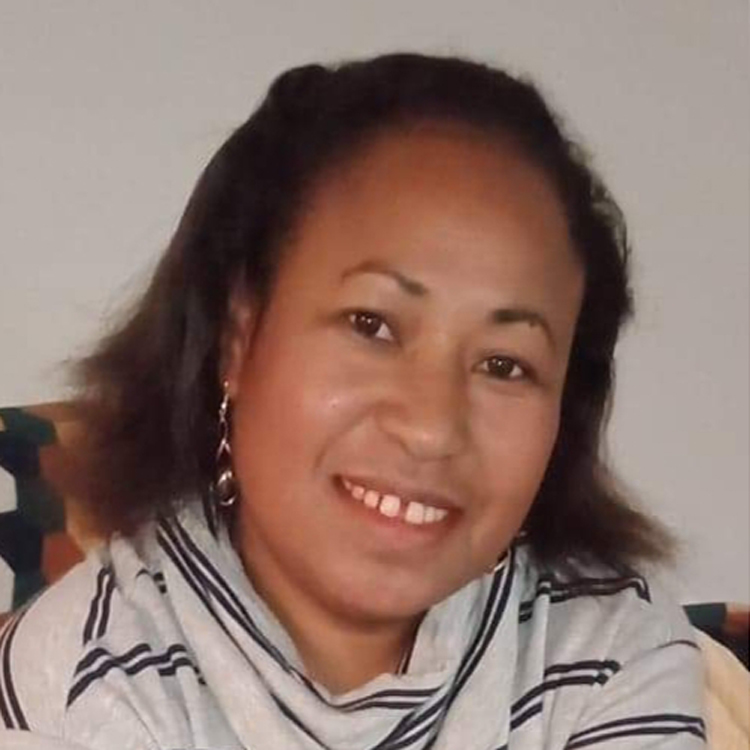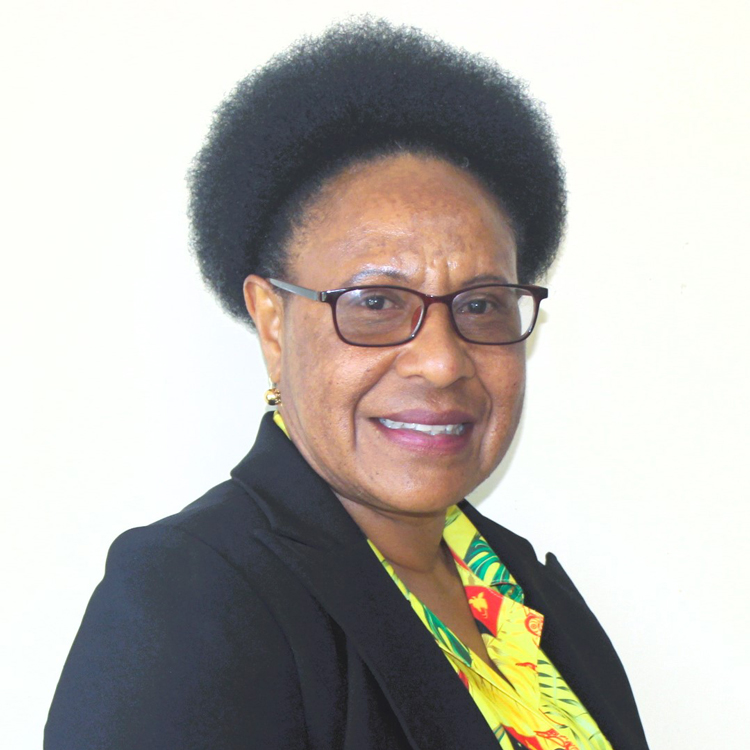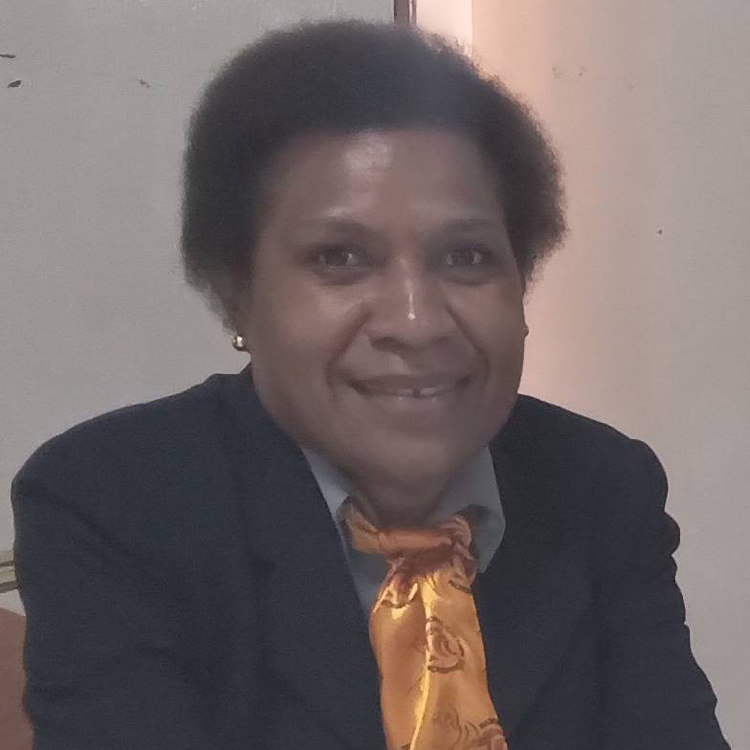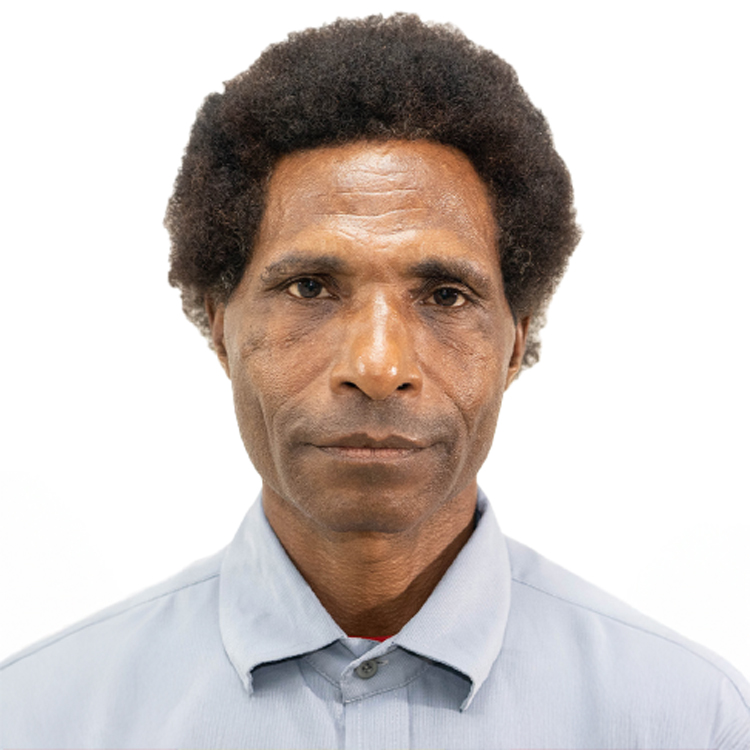The Institute of Papua New Guinea Studies (IPNGS) was established in 1974 as a Government cultural research institute. Main function of the Institute is to undertake research on Papua New Guinea’s diverse cultures for posterity. Its activities include the maintenance of an archive, fieldwork, recording, documenting, publication and dissemination of oral history, folklore, music, dance and ceremonial activities, in village and contemporary contexts.
Today it embodies the past, present, and future of the institute. In addition to containing recordings made by IPNGS staff, there are collections from overseas researchers, overseas archives, and commercial recordings. Now containing over 12,000 hours of materials in over 6,000 collections from around the world, the tapes, discs, films, and videos are the largest collection of Papua New Guinea music recordings in the world, dating from 1898 to the present. It now includes additional substantial collections on dance and oral history.
The audiovisual materials are supplemented by c. 5,000 books, theses, and articles concerning PNG music and dance, as well as over 10,000 slides and photos. Audiovisual materials are kept in a temperature- and humidity-controlled shipping container, continuing to a separate office. The goal has been to make the Archive the main source for all information about music and dance research undertaken in the country, rather than having to undertake such research at archives throughout the world. Furthermore, it is highly appropriate that these materials are available in the country in which they are most meaningful.
For the INTRACOMP project, IPNGS will be recruiting researchers from the University of Papua New Guinea, and the Somare Research Institute at the University of Goroka to collaborate on the research activities.










